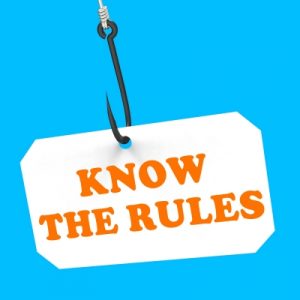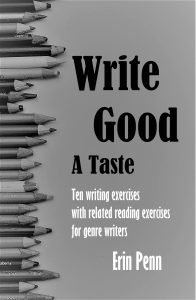
Acquired from the internet hive mind
Attending Conventions
It’s that time of year again. Conventions are lined up non-stop between now and September. Writing, comic, science fiction, and media conventions are available year-round, but the summer is THE season. ConCarolinas, ConGregate, Pennsic, and DragonCon all are calling to me, and I am certain some are calling to you brave blog follower.
The question is affordability.
I look at my purse and my deadlines, and the numbers of my budget and time commitments dance in my head into the negative. What can I afford? And what are the costs for not attending? Last year’s DragonCon brought a huge upswing in my editing; even Pennsic, a non-writing convention, brought me a new author. But, at this time, my attending conventions doesn’t break even. On the other hand, the networking from conventions is slowly bringing me crossing that magic line of profitability like nothing else has. The biggest expense and the biggest benefit go hand-in-hand.
The pros and cons of conventions are well defined in a post by Luna Press Publishing, a UK publisher: Why Do Authors Need To Go To Cons?
I’m going to go reread it and recheck my time and money budgets.
WRITING EXERCISE: If you have never attended a convention, choose a local writer’s convention to go to this summer. If you are attending conventions this summer, update your website with where you are attending.
Not sure where to find a local convention – a good place to start is googling conventions and then searching on your state. Here is the wikipedia science fiction convention list here: https://en.wikipedia.org/wiki/List_of_science_fiction_conventions. Or write in the comments below your state (and nearest city if you live in a very big state) and see what suggestions other people have.



